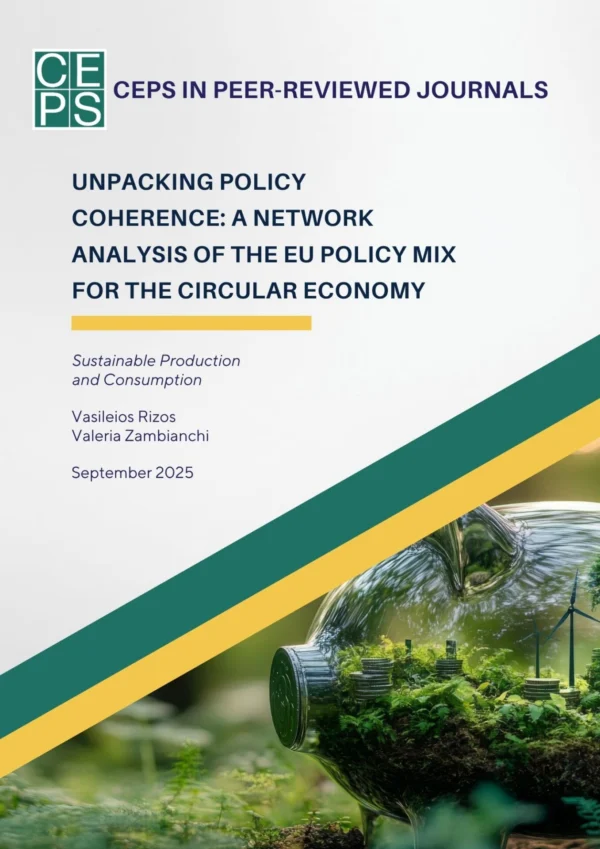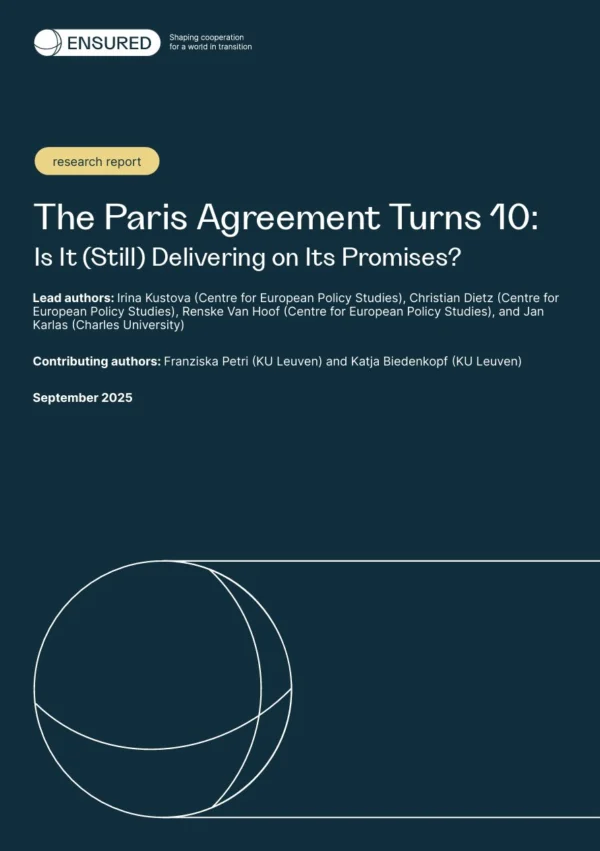Western Balkan countries have made visible progress in establishing Monitoring, Reporting, Verification, and Accreditation (MRVA) systems for greenhouse gas emissions. While technical in nature, these systems are central to measuring progress in aligning with EU energy and climate policies. They are a prerequisite for carbon pricing policies and ultimately for joining the EU Emissions Trading System (EU ETS). Robust MRVA is also required to attract much-needed investment in the Western Balkan power sector.
Under the Energy Community Treaty – which connects the EU neighbourhood with the EU energy market – there is a legal obligation to set up systems that mirror those of the EU. All Western Balkan countries have taken steps towards conforming with EU climate legislation, but implementation is uneven and generally slow. Only Serbia and Montenegro are at the operational stage. The technical, financial, and institutional barriers are real. Yet, a lack of political will continues to limit progress.
Stronger domestic engagement is needed. So too is continued EU support, not only through funding and technical assistance, but also through clear political signals that eventual integration into the EU ETS has not been ruled out. Regional cooperation could further help to close the gap and ensure that no country is left behind.
Damir Dizdarević is Programme Coordinator at the Foundation BFPE for a Responsible Society. To read a CEPS Expert Commentary that summarises this Explainer, please click here.








